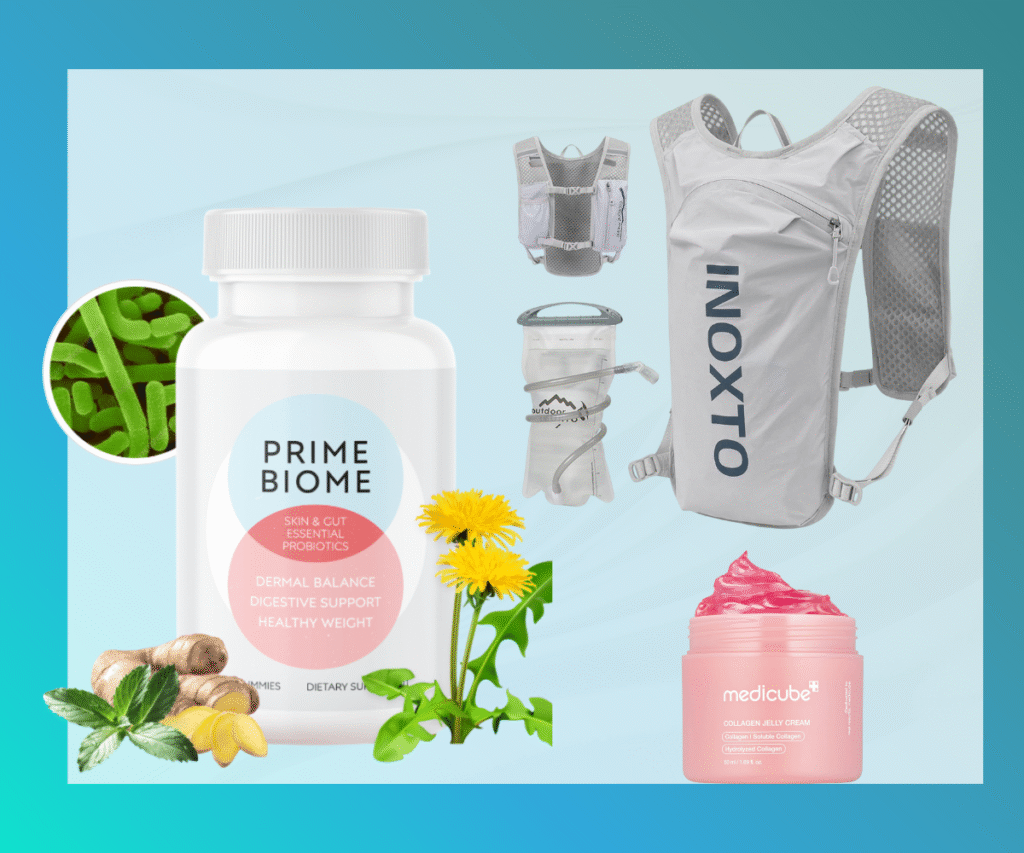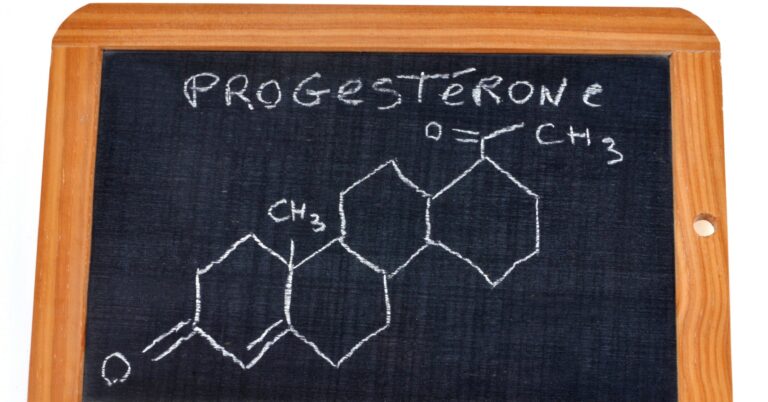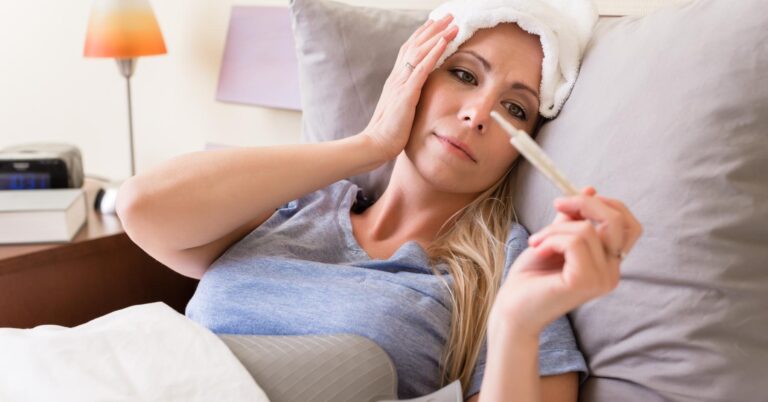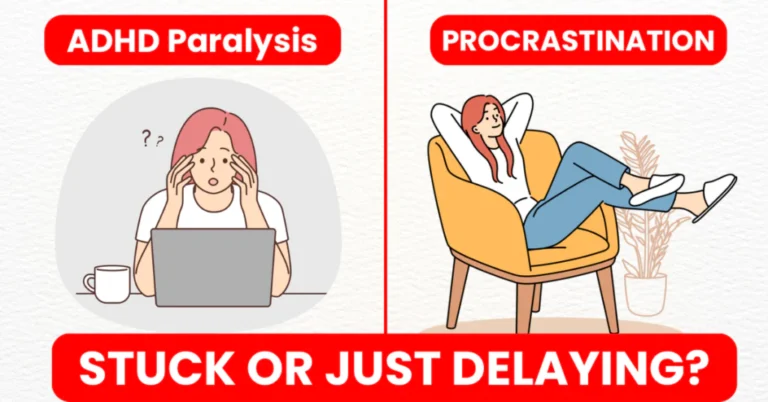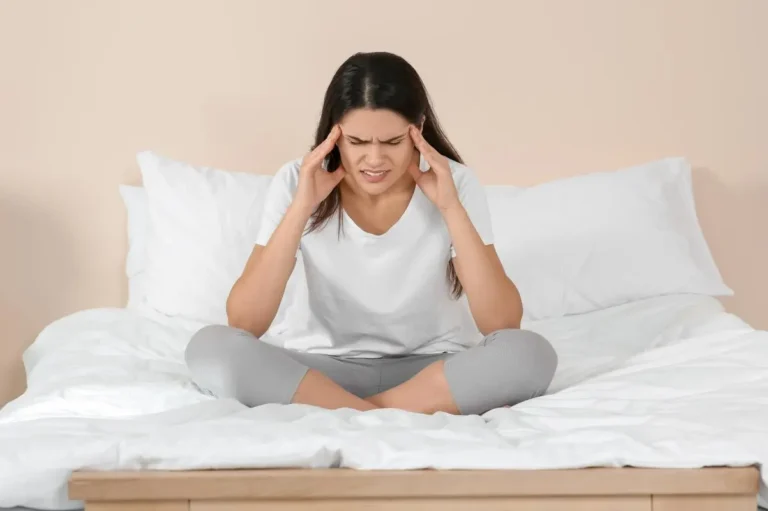How to Calculate Your Hormone Age: A DIY Tutorial for Women
Your birth year isn’t the sole factor determining your hormonal timeline. Discover how to accurately determine your hormonal stage. While your chronological age is fixed, your hormone age may reveal a vastly different story. Consider hormone age as a personalized health snapshot that reflects the efficiency of your endocrine system. From estrogen to cortisol, your hormone levels impact various aspects of your well-being, including energy levels, mood, skin health, weight, and fertility.
Now, thanks to the availability of accessible data and tracking tools, you can estimate your hormone age at home without the need for expensive lab panels. This guide provides a step-by-step guide on how to do it, what it signifies, and how to enhance it.
What Is Hormone Age?
Hormone age is a concept that compares your hormonal health to typical age-related benchmarks. It considers various factors, such as hormone levels, metabolism, and overall hormonal balance.
- Menstrual regularity
- Sleep quality
- Skin condition
- Energy levels
- Libido
- Stress response
- Body composition
- Biomarker trends (like insulin, thyroid, or cortisol)
“While it’s not a medically recognized diagnostic tool, hormone age offers a useful framework for women to understand where their lifestyle or hormonal imbalances might be accelerating aging,” says Dr. Lara Briden, naturopathic doctor and author of Hormone Repair Manual.
How to Calculate It: DIY with a Free Spreadsheet
To make it simple, we’ve created a free Google Sheets hormone tracker where you can input symptoms, lifestyle habits, and any available lab markers. The spreadsheet then estimates your functional hormone age compared to your real age.
Here’s What You’ll Need:
- Your chronological age
- Basic info: height, weight, menstrual history
- Lifestyle factors: stress, sleep, exercise, diet
- Optional: lab values (TSH, fasting insulin, DHEA, cortisol, estradiol)
Scoring Categories in the Spreadsheet:
- Sleep Score (based on average hours and quality)
- Stress & Mood Score (frequency of anxiety, overwhelm, irritability)
- Cycle Health Score (regularity, PMS severity, length)
- Metabolic Score (waist circumference, energy, sugar cravings)
- Cognitive Score (mental clarity, brain fog, forgetfulness)
- Libido & Skin Score (dryness, acne, drive)
The spreadsheet will automatically average your scores and estimate a hormone age band:
- Youthful (−5 to 0 years): You’re in sync with or younger than your age
- On Track (0 to +3 years): Normal age-related shifts
- Accelerated (+3 to +10 years): Consider hormone-balancing support
What Research Says About Hormonal Aging
Recent research suggests that lifestyle, stress, and sleep can significantly impact hormonal biomarkers.
- A 2020 study in Endocrine Reviews highlighted the role of chronic stress and poor sleep in accelerating cortisol dysfunction and estrogen decline in women as early as their 30s.
- A Journal of Clinical Endocrinology report found that women who practice regular resistance training and consume omega-3s experience delayed declines in DHEA and progesterone.
Why It Matters: The Public Health Angle
Most women don’t realize they have hormonal issues, such as thyroid dysfunction or premature estrogen drop, until these symptoms significantly affect their daily lives. Tools like this empower early detection and preventive care at home.
Dr. Jolene Brighten, a board-certified hormone expert, emphasizes the importance of empowering women to understand their hormone patterns before they become imbalanced. Tracking their hormone levels can effectively bridge the gap between symptoms and clinical diagnosis.
Actionable Tips to Lower Your Hormone Age
Once you’ve got your number, here’s how to turn back the clock:
1. Balance Blood Sugar
- Eat protein and healthy fats with every meal
- Reduce added sugars and ultra-processed foods
2. Prioritize Sleep
- Aim for 7–9 hours of quality sleep
- Reduce blue light 2 hours before bed
3. Manage Stress Naturally
- Try guided breathwork, journaling, or adaptogens like ashwagandha
- Consider morning light exposure to reset cortisol rhythm
4. Cycle-Sync Your Workouts
- Focus on strength during follicular phase
- Prioritize rest and recovery during luteal phase
5. Track Hormonal Symptoms Monthly
- Use the spreadsheet or a hormone tracking app
- Share findings with a functional or integrative health provider
Know Your Numbers, Own Your Health
Calculating your hormone age isn’t about fear; it’s about gaining valuable feedback. By tuning into your body’s subtle signs and daily rhythms, you can proactively optimize your wellness and prevent potential issues from arising. Whether you’re in your 20s, 30s, perimenopause, or beyond, your hormones are communicating with you.
Check out the healthlynic ✔️approved range of products for Weight Loss, Improve metabolism and much more!

